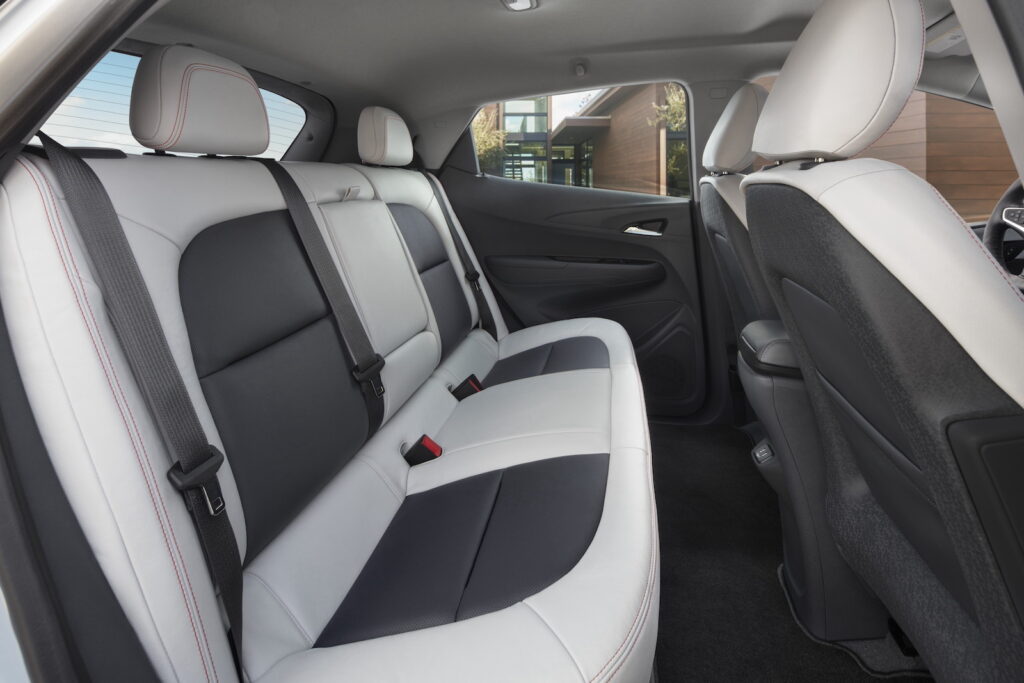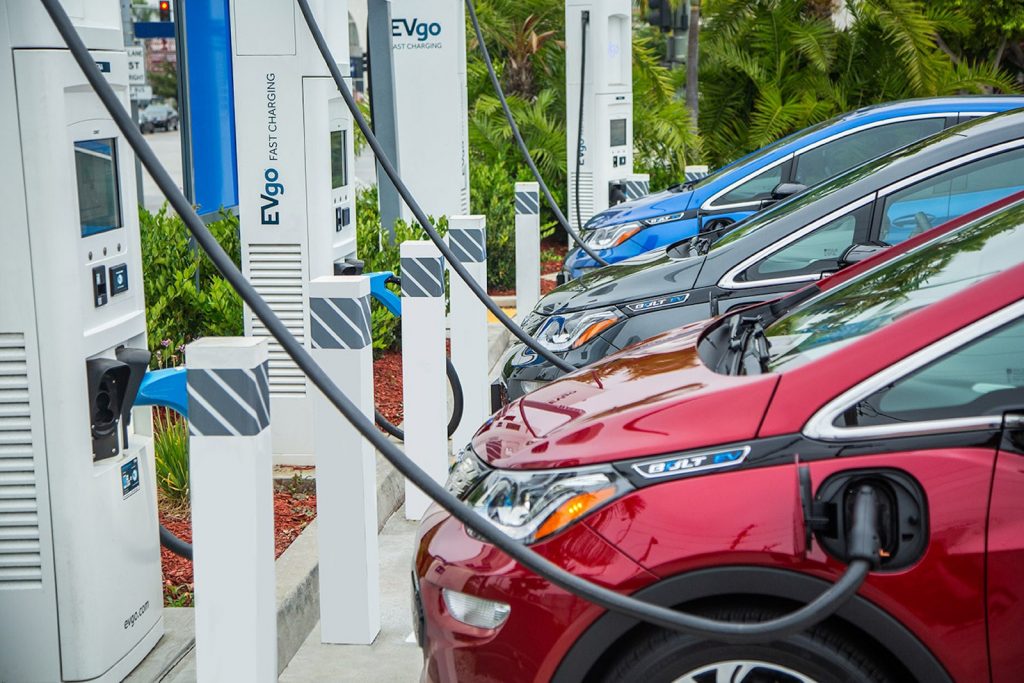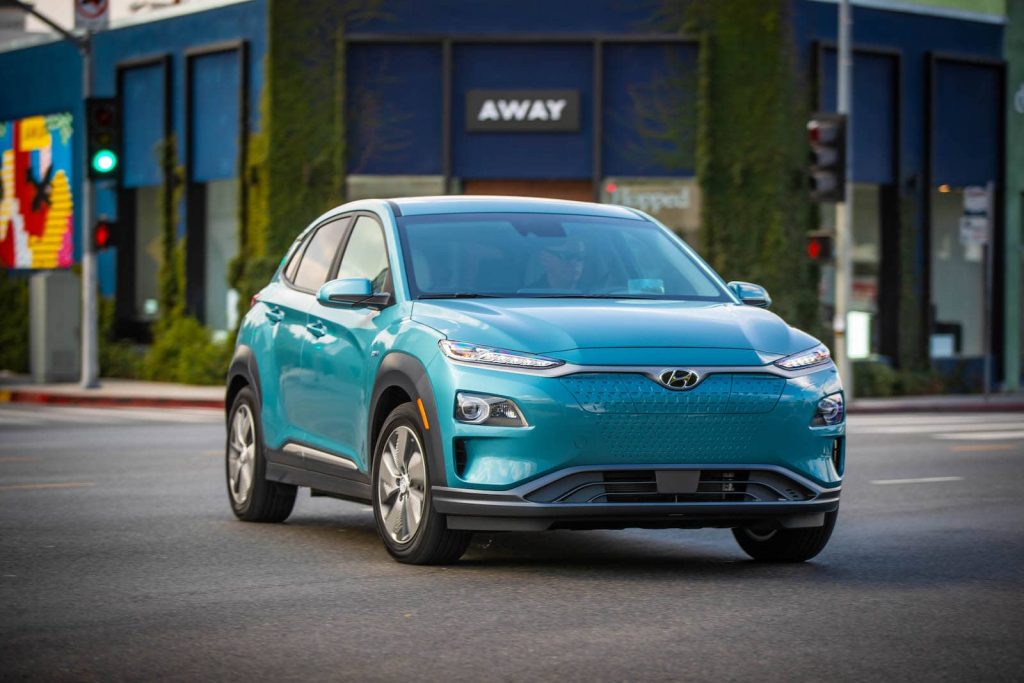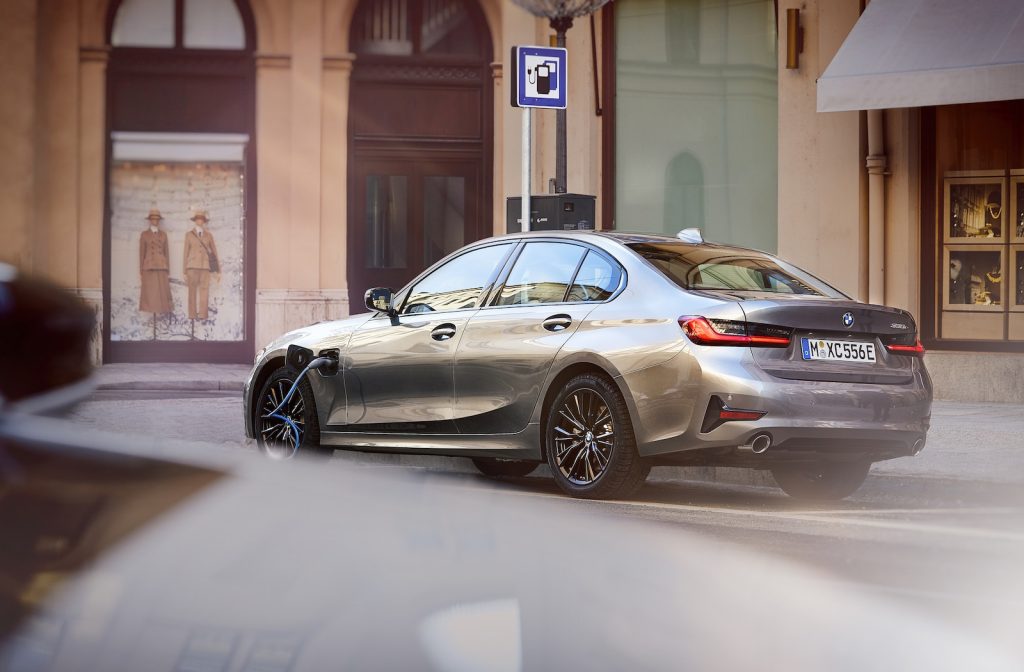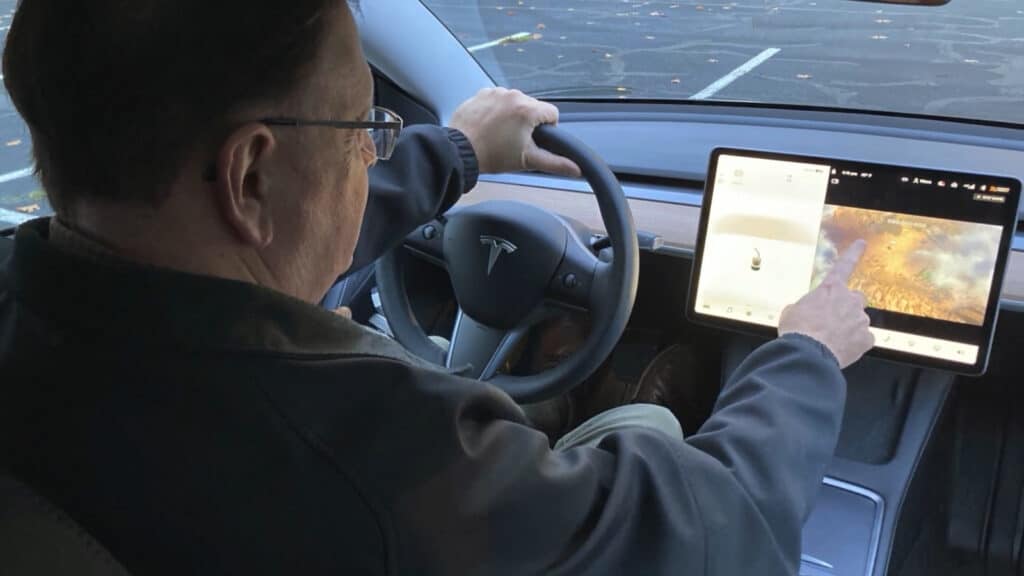
The National Highway Traffic Safety Administration (NHTSA) it is investigating 580,000 Tesla vehicles sold since 2017 that allow those seated up front to play games on the infotainment touchscreen while the vehicle is in motion.
The investigation stems from a complaint filed with agency earlier this month by Vince Patton, a retired journalist from Portland, Oregon.
The formal safety investigation, which was announced Wednesday, covers 2017-2022 Tesla Model 3, S, X, and Y vehicles. NHTSA opened the investigation “based on reports that Tesla gameplay functionality, which is visible on the front center touchscreen from the driver’s seat, is enabled even when the vehicle is being driven.”
Tesla made the software more dangerous

The feature, known as “Passenger Play,” increases the risk of a crash. Since December 2020, the feature can be used while driving. Prior to that, it could only be used when the vehicle was in Park. The agency said that it is evaluating aspects of the feature, including how frequently it’s used and when.
NHTSA is concerned about distracted driving, an increasing risk as automakers bring increased online connectivity to infotainment touchscreens. Distracted driving caused 3,142 deaths in 2019, all of them preventable.
While Passenger Play does have a warning stating the game is meant solely for passengers. Although it asks for confirmation that the player is a passenger and not the driver, there is nothing preventing the driver from playing while driving.
Other Tesla safety issues

It’s not NHTSA’s only Tesla safety investigation, nor Tesla’s only safety issue.
In August, the agency opened a formal safety investigation of 765,000 Teslas equipped with its Autopilot driver-assistance system after 11 crashes involving parked emergency vehicles killed one person and injured 17. The inquiry covers 2014-2021 Models S, X, Y and 3.
In October, Tesla had to roll back full self-driving, or FSD, with Musk revealing that the company is “seeing some issues with 10.3, so rolling back to 10.2 temporarily.”
And in November, Tesla issued a recall for 11,704 vehicles sold in the U.S. since 2017. The recall covers Model S, X, 3 and Y vehicles and came about as a result of an over-the-air firmware update of the automaker’s “Full Self-Driving Beta,” its advanced driver assistance system.
The company identified a software communication error that could cause the forward-collision warning or automatic emergency brake system to falsely activate, possibly leading to a rear-end collision.
Other OEM infotainment issues
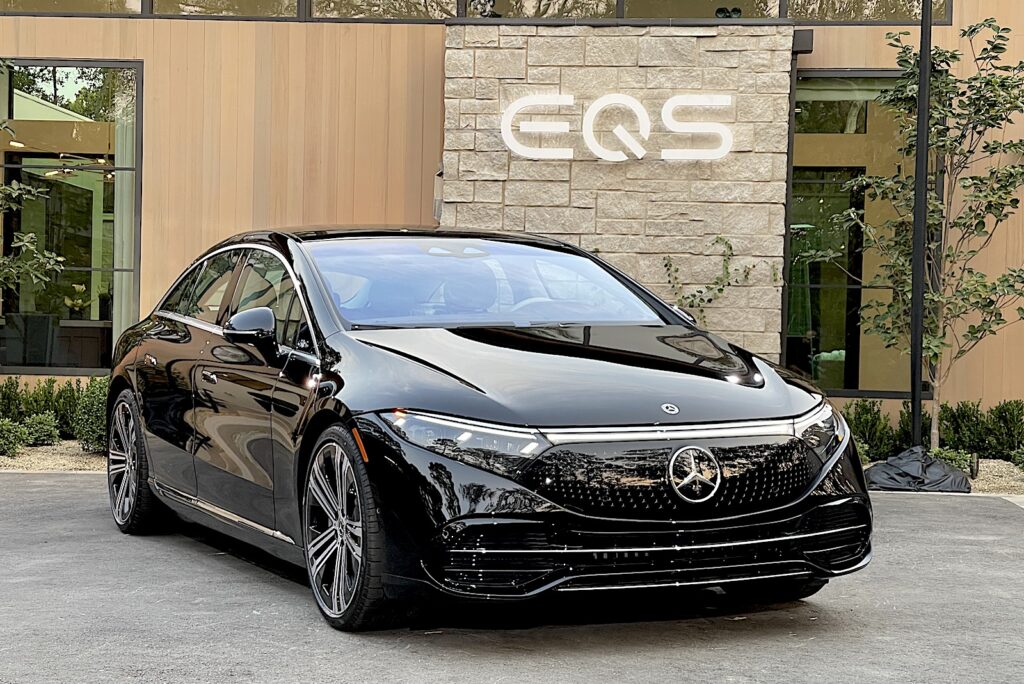
Other automakers are far more concerned over distracted driving than Tesla. On November 29, Mercedes-Benz recalled 227 vehicles in the U.S. after the company discovered that its MBUX infotainment system allowed television and internet to be displayed while driving.
The recall affected 2021 Mercedes-Benz S580, 2022 EQS450, EQS580, and S500 models. Mercedes-Benz has already corrected the problem, and no deaths or injuries seem to have resulted from the problem.
Musk pays billions to satisfy tax bill
In other Tesla news, Reuters is reporting that Tesla CEO Elon Musk sold 10% of his own company stock, 13.5 million shares, 8.06 million of which were sold to pay taxes. The billionaire said he is paying more than $11 billion in taxes this year.
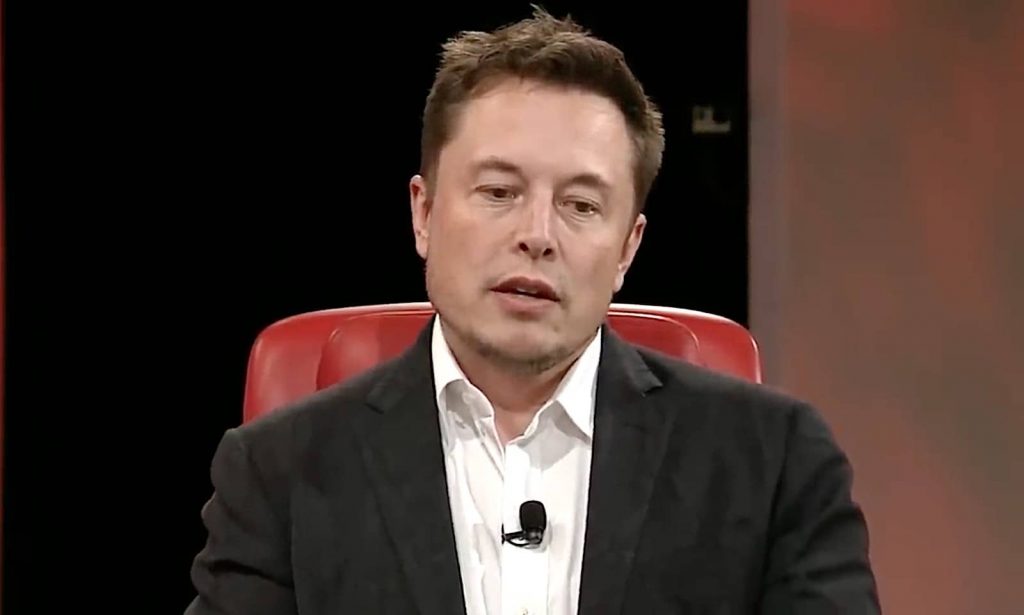
“California used to be the land of opportunity and now it is … becoming more so the land of sort of overregulation, overlitigation, overtaxation,” Musk told Reuters, adding his combined federal and state tax rate tops 50 percent.
The tax bill may explain why Musk recently relocated Tesla’s headquarters to Austin, Texas from Palo Alto, California.
But taxes aren’t Musk’s only concern.
The company has submitted all the documentation required to get its factory approved near Berlin, Germany. Approval of Tesla’s newest manufacturing facility has been delayed by environmental concerns and red tape due to Tesla’s decision to add a battery factory to the site. That has delayed the approval process. It remains unclear when the new plant is expected to open.
